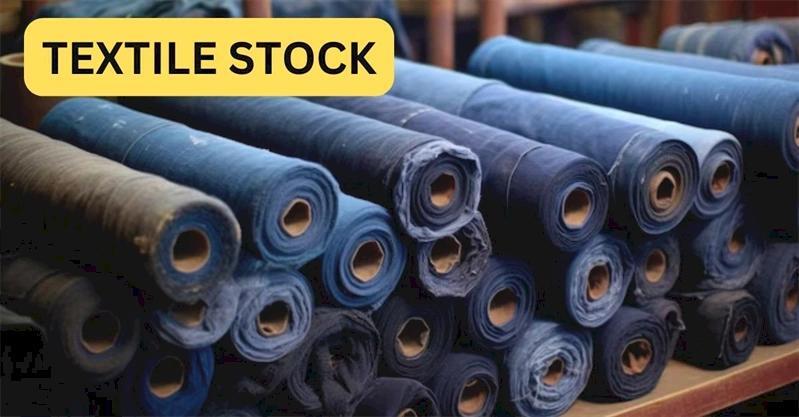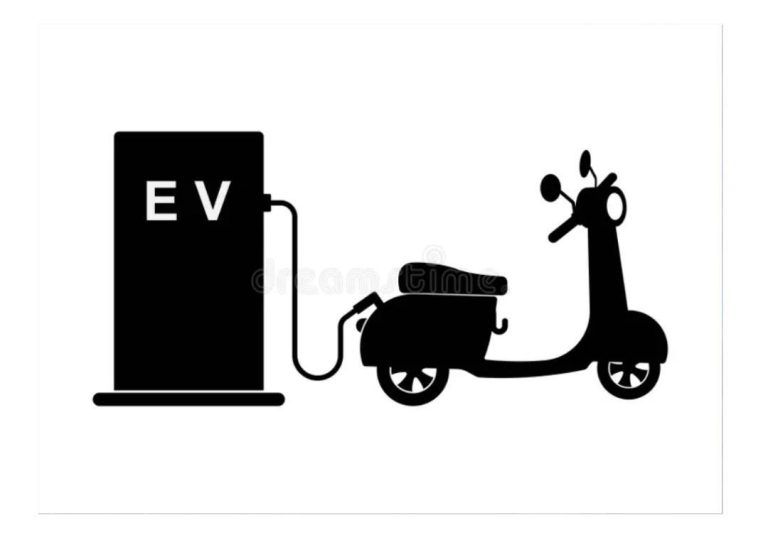
R&B Denims Expands into Garment Manufacturing: A Step Towards Vertical Integration and Sustainability
The Indian textile industry has been on a growth trajectory in recent years, driven by increasing demand for clothing and accessories. In this rapidly changing landscape, R&B Denims, a leading denim fabric manufacturer, has announced its expansion into garment manufacturing. As part of this move, the company will produce denim garments, including jeans and jackets, at its existing facility. This strategic expansion is expected to enhance vertical integration, tap into export markets, and support sustainability. In this blog post, we will explore the implications of this move and its potential impact on the industry.
Initial Investment and Infrastructure
R&B Denims has initiated this expansion with an initial investment of ₹1.25 crore, which will be used to purchase machinery and upgrade its infrastructure. This move will enable the company to cater to the growing demand for denim garments, both domestically and internationally. The investment will also help the company to reduce its dependence on contract manufacturers and improve its overall operational efficiency.
Enhancing Vertical Integration
By entering the garment manufacturing segment, R&B Denims is enhancing its vertical integration capabilities. The company will now be able to produce denim fabrics and garments under one roof, which will enable it to better control quality, reduce lead times, and improve its overall competitiveness. This will also help the company to increase its profit margins by reducing its dependence on intermediaries and minimizing the risk of quality issues.
Tapping into Export Markets
The Indian textile industry has been facing a challenge in terms of export growth in recent years. However, with the entry into garment manufacturing, R&B Denims is well-positioned to tap into the growing demand for denim garments in international markets. The company’s existing relationships with major brands and retailers will be leveraged to secure new orders and expand its export business.
Supporting Sustainability
The garment manufacturing segment is a significant contributor to greenhouse gas emissions and pollution. R&B Denims’ move into garment manufacturing will enable the company to reduce its environmental footprint by minimizing transportation costs and emissions associated with the supply chain. The company will also be able to implement sustainable practices and technologies in its garment manufacturing operations, which will help to reduce its carbon footprint and support the global effort to combat climate change.
Competitive Advantage
The entry into garment manufacturing will provide R&B Denims with a competitive advantage in the market. The company will be able to offer a one-stop solution to its customers, including denim fabrics and garments, which will make it an attractive partner for major brands and retailers. This will also enable the company to differentiate itself from its competitors and build strong relationships with its customers.
Growth Prospects
The Indian textile industry is expected to continue its growth trajectory in the coming years, driven by increasing demand for clothing and accessories. R&B Denims’ entry into garment manufacturing will enable the company to capitalize on this growth and expand its business operations. The company’s existing strengths in denim fabric manufacturing will be leveraged to drive growth in the garment manufacturing segment, which will provide a significant boost to its top line.
Conclusion
R&B Denims’ expansion into garment manufacturing is a strategic move that will enhance its vertical integration capabilities, tap into export markets, and support sustainability. The initial investment of ₹1.25 crore will fund the purchase of machinery and upgrade of infrastructure, which will enable the company to produce denim garments, including jeans and jackets, at its existing facility. This move will provide the company with a competitive advantage in the market, drive growth, and support the global effort to combat climate change.
Source:






